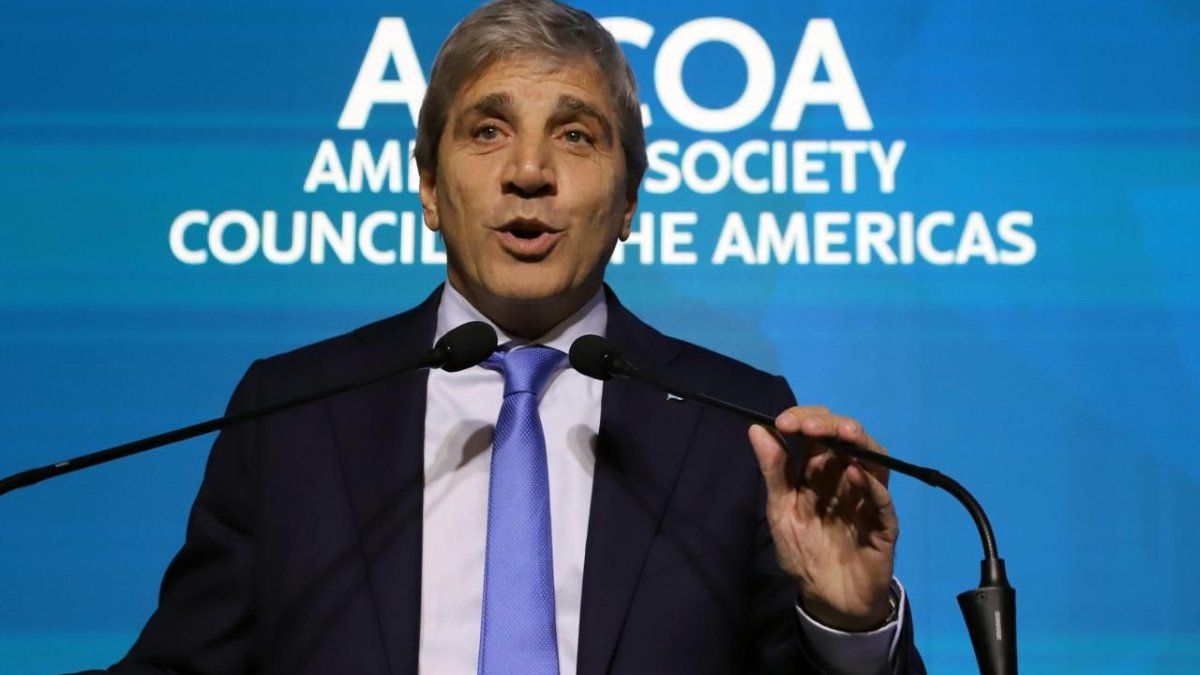Negotiators in the railway industry met for the first time on October 4th. Shortly after eleven o’clock yesterday, in the fifth round of negotiations, the employees officially rejected the employer’s “last” offer, according to Vida negotiator Olivia Janisch.
The OÖN answer the most important questions about the rail strike:
At three in the morning the negotiators had parted ways after ten hours. The Association of Railway Companies had increased the original offer of 200 euros as a monthly fixed amount by eight euros. “Eight euros in times of the highest inflation for 70 years, that’s not really moving,” says Janisch in the OÖN interview. In the hours between the break in negotiations and the rejection, the national board of the railway workers’ union met virtually and decided unanimously to reject the offer.
- ZIB 1: All train traffic is suspended
This video is disabled
Please activate the categories Performance Cookies and Functional cookies in your cookie settings to view this item. My cookie settings


“We apologize to the passengers. It’s no fun for us, we don’t do it carelessly, we do it out of deepest desperation,” said the negotiator. She points to the low starting salaries, which would bring in 1,356 euros net, given a poverty risk threshold of over 1,500 euros net for a one-person household.
Negotiator Gerhard Tauchner is quoted in a broadcast: “We continue to demand a monthly fixed amount of 400 euros on KV and actual wages, because this supports low and middle incomes in particular in times of ongoing record inflation of now eleven percent.” Usually, the rolling inflation from November to October is used for wage negotiations. This is eight percent. Compared to the original demand of 500 euros fixed amount per month, the union has already reduced by 20 percent.
- ZIB 1: ORF reporter Marina Schlager and ORF reporter Peter Unger report on how the train stations in Vienna and Salzburg are preparing for the train strike.
This video is disabled
Please activate the categories Performance Cookies and Functional cookies in your cookie settings to view this item. My cookie settings
“Shock” among employers
The employer side puts this representation into perspective: the 208 euros more fixed amount per month would mean an increase of 12.4 percent for the lowest wage groups. On average for all 50,000 railway workers in the collective agreement, this would result in an increase of 8.44 percent on the actual salaries. That would be the highest level in the fall pay round.
Accordingly, the employers were “in shock” after the offer was rejected. The employers will discuss how to proceed at a general meeting on Tuesday afternoon.


The lowest wages brought to the meeting by the union would affect 60 workers, it said. There are four people directly at ÖBB – with CEO Andreas Matthä having announced that this income will be raised to 2,000 euros regardless of wage negotiations.
“Keep the industry attractive”
The head of the largest railway company in Austria makes no secret of his rejection of the strike: “I have absolutely no understanding for this strike. It is clearly a willful strike by the union.” 35,000 of the 42,000 ÖBB employees are subject to the currently negotiated collective agreement.
The state-run ÖBB also keeps an eye on the civil servants’ qualifications: the civil service finished with 7.32 percent.
- OO Today: The railway workers’ collective bargaining failed in the fifth round on Sunday. This means that there will be a rail strike from Monday.
This video is disabled
Please activate the categories Performance Cookies and Functional cookies in your cookie settings to view this item. My cookie settings
The trade union negotiators resist these comparisons. “We have to do more for our industry and our attractiveness as an employer. In some areas we have 30 percent fluctuation a year, people leave our industry because they earn more elsewhere. We have shift work to fill, which is exhausting and increasingly unattractive “, says Janisch, who is also deputy chairwoman of the vida union. 20,000 jobs are to be filled by 2027 because large waves of pensions are imminent. “How are we supposed to do that if our industry is unattractive?” A “system collapse” is currently threatening in some areas due to the lack of personnel.
Strike day costs 20 million
The rail companies put the cost of a day’s strike at 20 million euros. Not included are the additional expenses that travelers have to accept or the delays in freight transport. It will take until Tuesday morning for ÖBB passenger transport to go back to schedule, it said yesterday.
Source: Nachrichten




